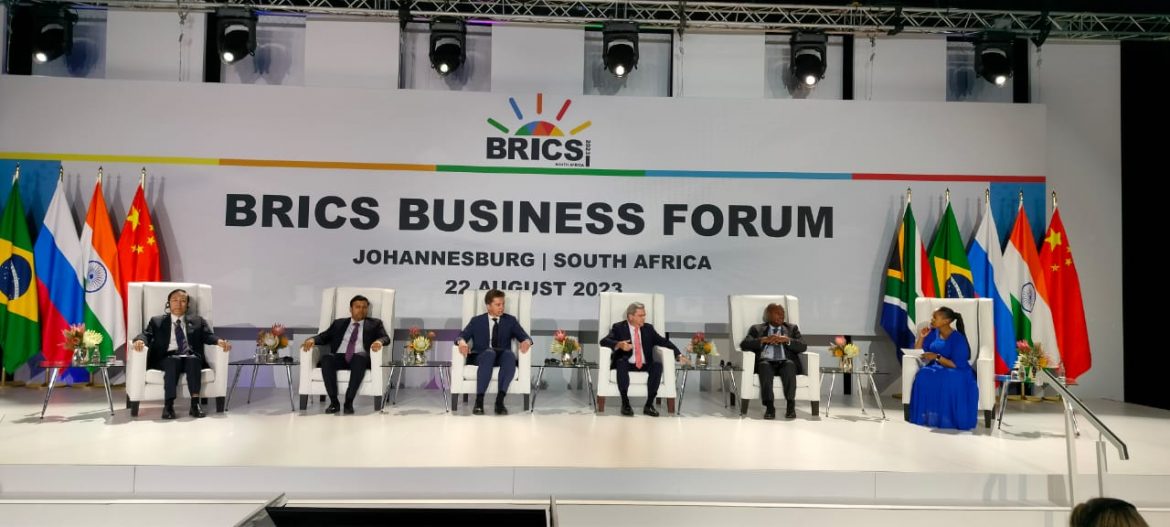New Delhi: As the adoption of electric vehicles (EVs) gains momentum in Indian cities, efforts are underway by both the government and industry to ensure that this transition leads to inclusive growth and equitable outcomes, highlighted Nishant Arya, Vice-Chairman and Managing Director of JBM Group, ahead of the BRICS Summit in Johannesburg.
The upcoming BRICS Summit is set to bring together leaders from Brazil, Russia, India, China, and South Africa to discuss the expansion of the emerging market bloc. Arya emphasized the significant environmental benefits of electric vehicles, noting that “about a million tonnes of carbon dioxide is cut in the lifetime of an electric bus.” This aligns with the global shift towards more sustainable transportation options. Prominent figures such as Indian Prime Minister Narendra Modi are expected to address the Summit.
Addressing the technological aspects of electric buses, Arya highlighted the integral role played by both hardware and software in their operation. He also shed light on the current dominance of international companies in the EV ecosystem, spanning from lithium mining to battery packs. However, he underscored the potential for inclusive growth, particularly through skill development, in various sectors such as power, software, railways, and renewable energy.
Arya expressed the importance of gender diversity and equal opportunities for women workers as an integral part of India’s growth trajectory. He applauded the emergence of numerous startups in the EV ecosystem, numbering over 1,000, which not only contributes to India’s green economy but also has a positive impact on the global green transition. This trend bodes well for the youth, aligning with the ongoing emphasis on sustainable practices.
Comparing EVs to traditional fossil fuel-powered vehicles, Arya emphasized the lower operating costs of EVs. The reduced operating and maintenance expenses, along with diminished driver fatigue, make EVs an attractive choice. Moreover, he noted India’s shift towards renewable energy sources, which would reduce the country’s reliance on fossil fuels. This transition aligns with India’s commitment to address the circular economy, fostering sustainable practices.



